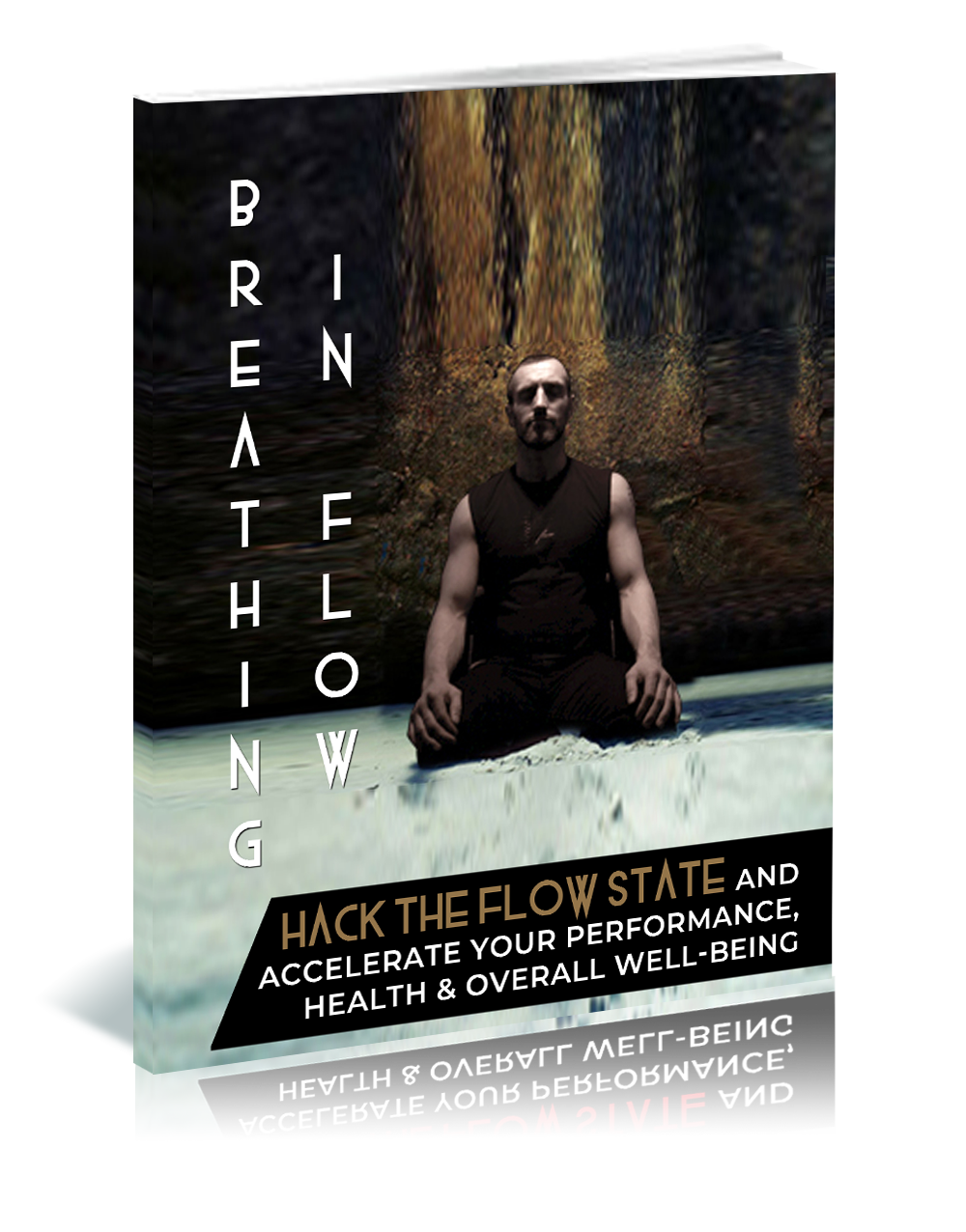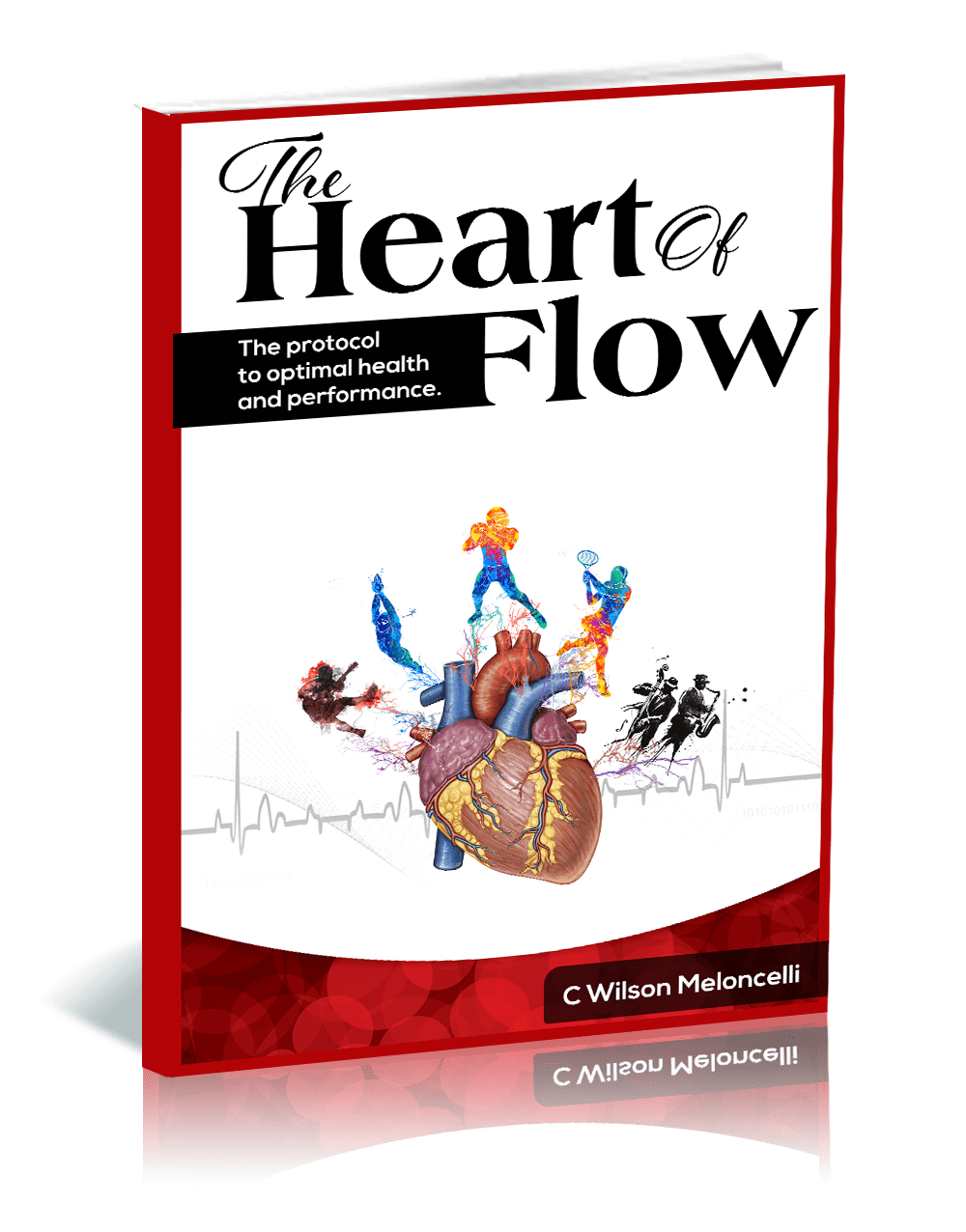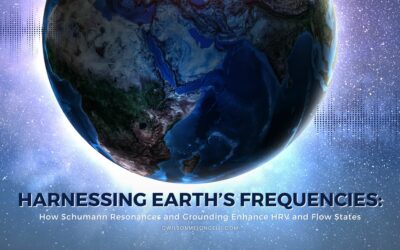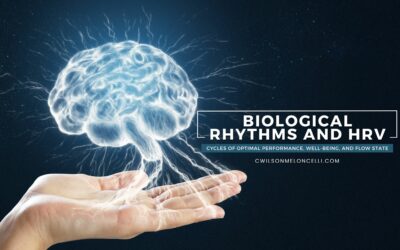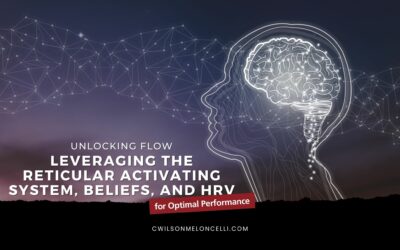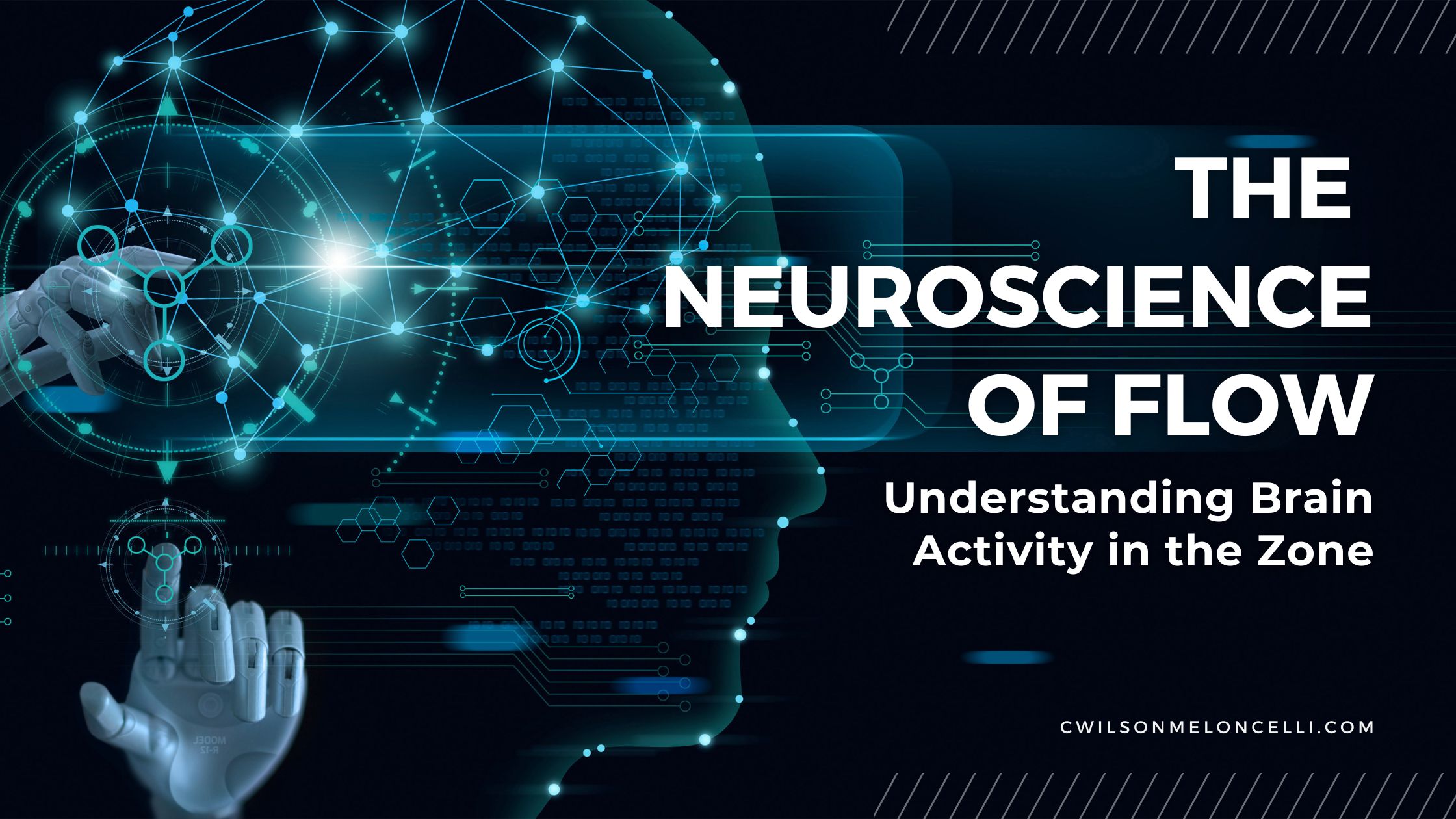
The 'Flow State', often referred to as 'being in the zone', is a psychological state of complete absorption in an activity, leading to heightened focus and enjoyment. While the subjective experience of Flow is well-documented, recent advances in neuroscience have begun to shed light on what happens in the brain during this state. This article explores the neuroscience of Flow, providing a deeper understanding of this powerful state.
The Neuroscience of Flow
The Flow State is not just a psychological phenomenon; it has a biological basis too. When we enter the Flow State, our brain behaves differently. There are changes in the brain's neurochemistry and neuroelectricity, and these changes lead to the extraordinary characteristics of Flow.
- Neurochemistry: In the Flow State, the brain releases a cocktail of neurochemicals. These include dopamine (increases focus, motivation), endorphins (pain relief, pleasure), anandamide (elevation in mood, pain relief), serotonin (feelings of well-being), and norepinephrine (increases arousal, attention). These chemicals not only make us feel good but also enhance our performance and creativity.
- Neuroelectricity: In terms of neuroelectricity, the brain in Flow moves from a beta wave state (normal waking consciousness) to being dominated by slower alpha waves and even slower theta waves. Alpha waves are associated with relaxed, effortless alertness and creativity, while theta waves are associated with reduced consciousness and are present during dreaming and deep meditation. This shift allows for heightened creativity and problem-solving abilities.
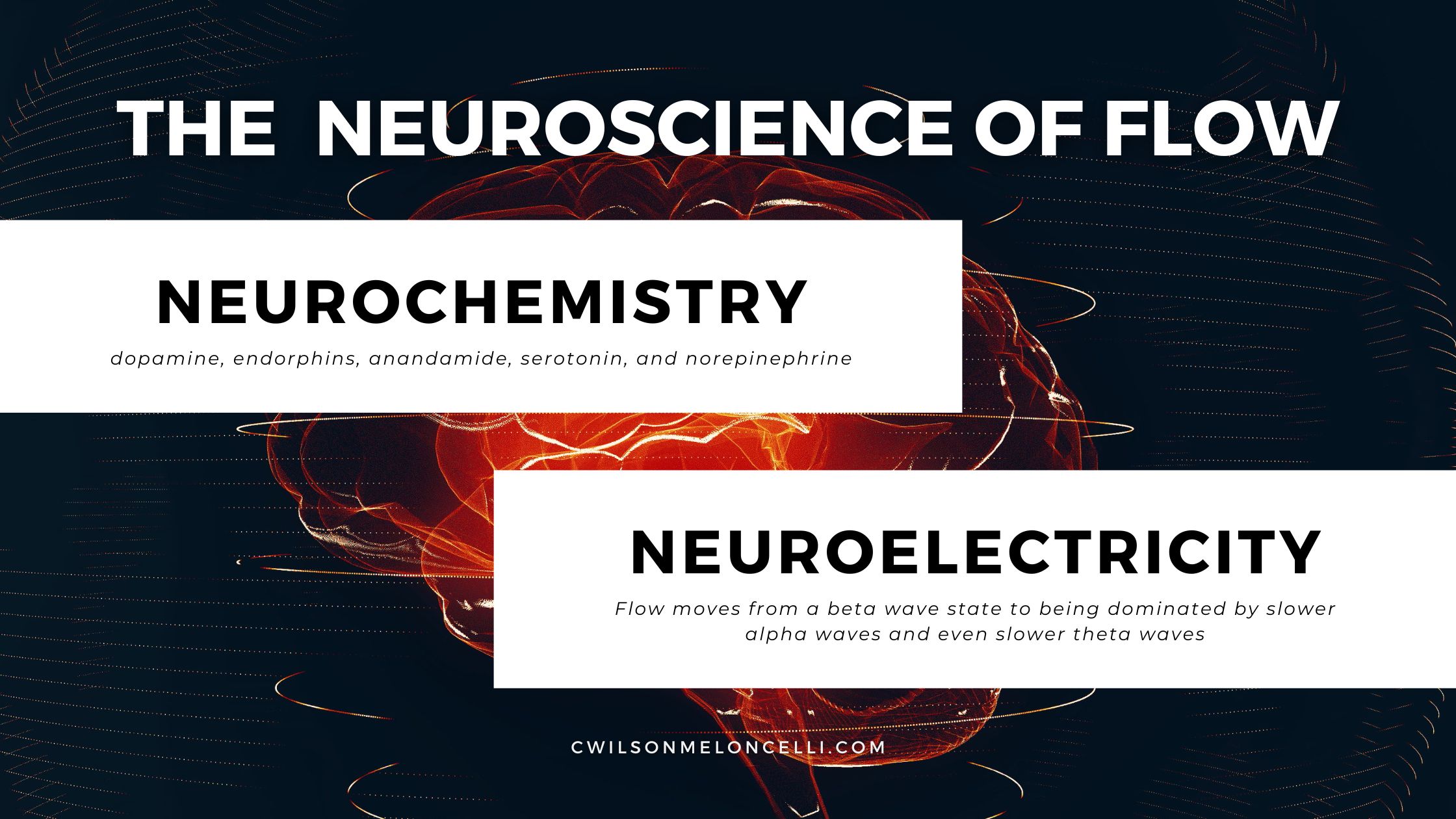
Studies on Flow and Brain Activity
Several studies have examined the brain activity associated with Flow. A study by Ulrich et al. used functional magnetic resonance imaging (fMRI) to examine the brain activity of expert pianists during Flow. They found that during Flow, there was decreased activity in the prefrontal cortex, a brain region associated with self-monitoring and conscious control. This phenomenon, known as "transient hypofrontality," is thought to contribute to the sense of effortlessness and loss of self-consciousness during Flow.
Another study by Keller et al. found that during Flow, there was increased coherence between several brain regions, suggesting enhanced communication and integration between these areas. This could contribute to the heightened focus and performance seen in Flow.
The neuroscience of Flow provides a fascinating insight into one of the most powerful states of mind we can experience. By understanding how it works, we can better harness its power to enhance our performance, creativity, and overall well-being. As Csikszentmihalyi noted, "The best moments usually occur if a person’s body or mind is stretched to its limits in a voluntary effort to accomplish something difficult and worthwhile."
Now that you've delved into the world of neuroscience and the Flow State, it's time to take a proactive step towards accessing this powerful state more often. Immerse yourself in the program "4 Cycles of Flow State" which harnesses the power of these neurological findings. This program will guide you through the process of identifying and cultivating your optimal flow state, allowing you to unlock your full potential, enhance your performance, and increase your overall sense of well-being. Make the decision to tap into your brain's full potential today.
References
- Csikszentmihalyi, M. (1990). Flow: The psychology of optimal experience. Harper & Row.
- Ulrich, M., Keller, J., Hoenig, K., Waller, C., & Grön, G. (2014). Neural correlates of experimentally induced flow experiences. NeuroImage, 86, 194-202.
- Keller, J., Bless, H., Blomann, F., & Kleinböhl, D. (2011). Physiological aspects of flow experiences: Skills-demand-compatibility effects on heart rate variability and salivary cortisol. Journal of Experimental Social Psychology, 47(4), 849-852.


